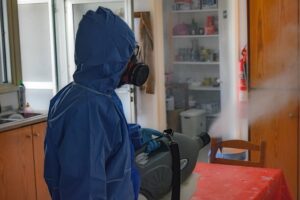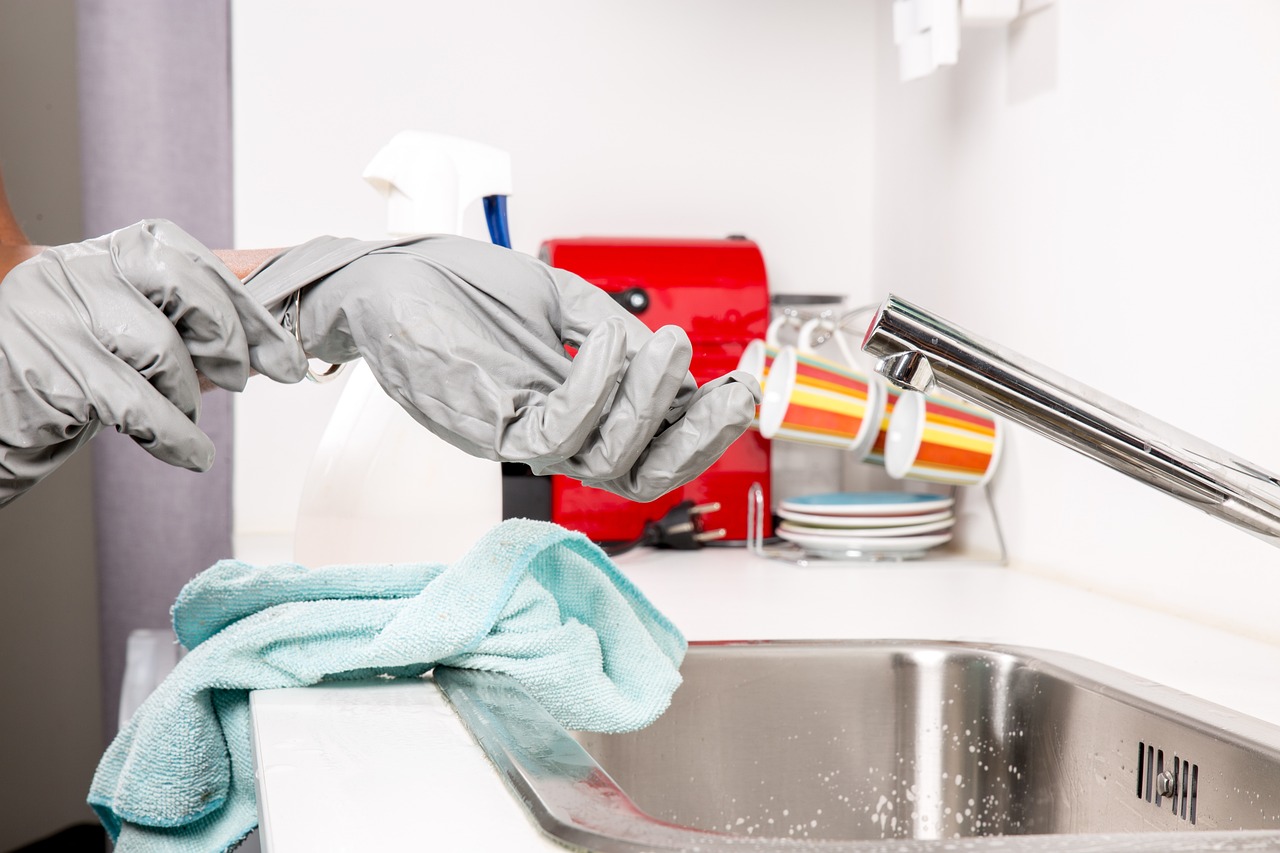When a tragedy strikes, the aftermath can be overwhelming. For families struggling with the significant loss of a loved one to unfortunate suicide, the emotional toll is immense. But what happens next? The physical space where this heartbreaking event occurred often requires thorough and sensitive cleaning. The Hazardous Suicide Cleanup teams step in to handle these challenging situations with care and expertise.
Cleaning up after such an event goes beyond typical cleaning tasks; it involves navigating complex emotions and hazardous materials. Families may not know what to expect or how difficult the process can be. So, if you’re here, you’ll get a glimpse of these challenges and why hiring professionals is crucial during such trying times. In this blog post, we’ll explore some common hurdles that arise when tackling suicide cleanup and how trained professionals manage them effectively.
Emotional Impact on Family
The emotional aftermath of a suicide can be devastating for families. Grief often feels overwhelming, with waves of sadness, anger, and confusion washing over them. Each family member might grapple with their feelings in different ways, leading to additional tensions. Returning to the scene where a loved one took their life can be particularly traumatic. It forces families to confront painful memories that they may not yet be ready to face. Professional cleanup teams recognize this deep emotional struggle and approach each situation with compassion and understanding, allowing families time and space to begin healing without added distress from the cleanup process.

Decontamination Complexity
But emotional impact is just the beginning. Lots of pathogens in the bloodborne can spread out in the entire property. Thus, decontamination is a must. However, decontaminating a suicide scene is far more complicated than most people realize. It involves meticulous processes that go beyond simple cleaning. Every surface, item, and corner may harbor biological materials that pose health risks. Specialized cleaning products are crucial for effective disinfection. Regular household cleaners often fall short of eliminating pathogens associated with blood and bodily fluids. Professionals rely on industrial-grade solutions designed specifically for biohazard cleanups.
Risks of Bloodborne Pathogens Exposure
Cleaning up after a tragic event like a suicide poses serious health risks. One of the biggest concerns is exposure to bloodborne pathogens. These microscopic organisms can survive outside the body for extended periods, making proper cleanup essential. Suicide cleanup teams are trained to handle these situations safely. Standard disinfectants may not be enough in these cases. Professionals rely on specialized cleaning agents designed to eliminate pathogens effectively. Their expertise ensures that all contaminated surfaces are thoroughly sanitized. Aside from that, they’re also fully prepared with sets of PPEs.
Odor and Property Damage
 The aftermath of a suicide can leave behind more than just emotional scars. Unpleasant odors often permeate the area, lingering long after the incident. Blood and bodily fluids can seep into carpets, walls, and furniture, creating an environment that feels uninhabitable. Addressing these odors requires specialized techniques and equipment. Standard cleaning products won’t suffice; professionals use industrial-grade deodorizers designed to neutralize even the most persistent smells. Beyond odor concerns, property damage is another significant issue.
The aftermath of a suicide can leave behind more than just emotional scars. Unpleasant odors often permeate the area, lingering long after the incident. Blood and bodily fluids can seep into carpets, walls, and furniture, creating an environment that feels uninhabitable. Addressing these odors requires specialized techniques and equipment. Standard cleaning products won’t suffice; professionals use industrial-grade deodorizers designed to neutralize even the most persistent smells. Beyond odor concerns, property damage is another significant issue.
Professional cleanup teams are trained to handle both smell and damage effectively. They assess the situation thoroughly before starting any restoration work, ensuring every aspect of recovery is addressed with care and precision. Cleaning up a suicide spot is an incredibly sensitive and challenging task. It’s not just about removing physical remnants; it’s also about addressing the emotional turmoil that comes with such tragic events. Professionals in this field understand the weight of their work. Families deserve support from those who navigate these challenges regularly—offering compassionate care and technical skills throughout a profoundly painful experience.



